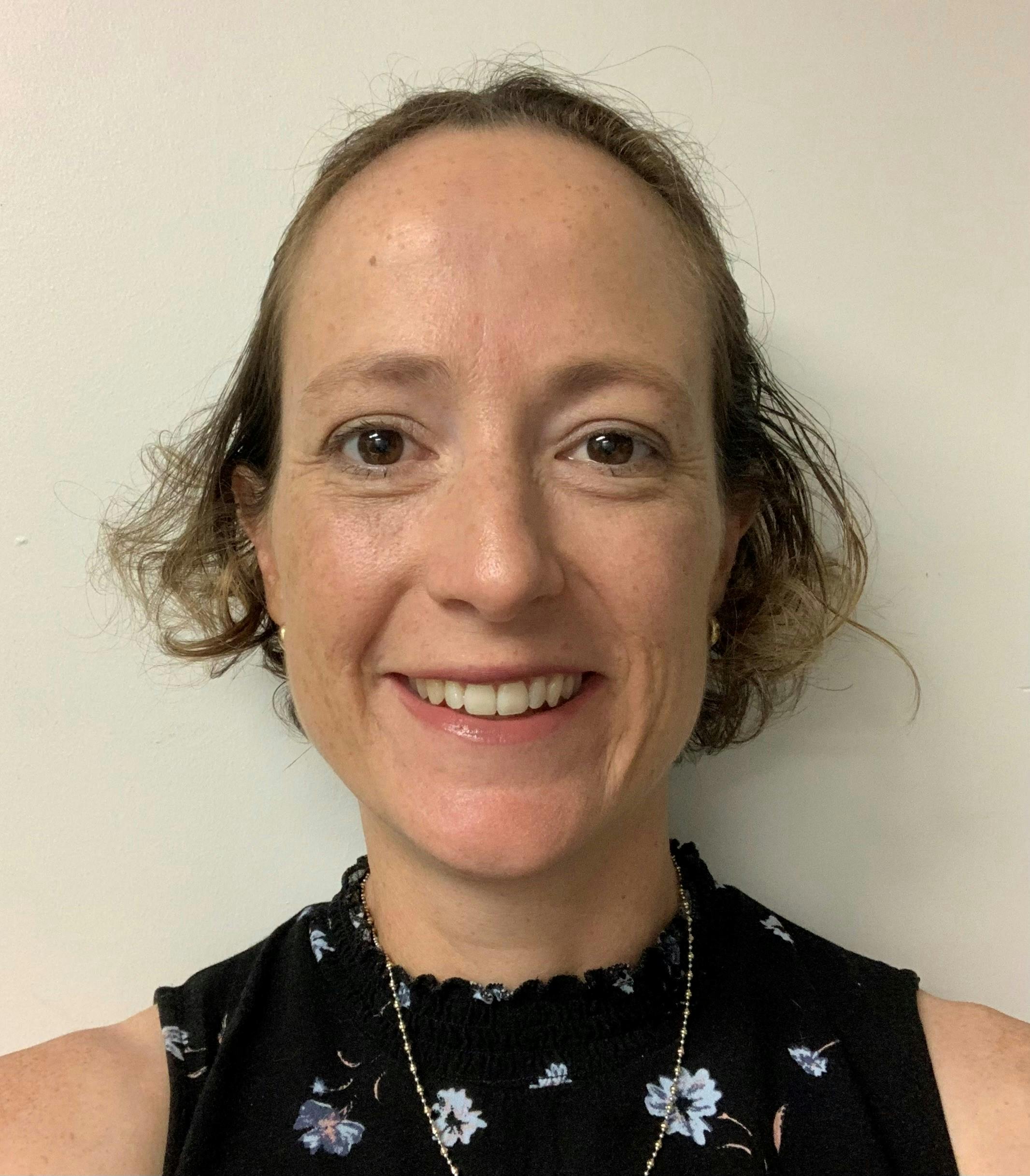Replacing single use items at Council venues and land, supported events and markets

What's happening?
Tweed Shire Council is leading by example by proposing to replace single-use items at places and events managed or supported by Council. Instead, activity hosts must provide washable alternatives or people must bring their own items. This does not apply to businesses who are not operating (hiring or leasing) on Council land, but it does apply to markets who run on Council land.
We're inviting you to share your feedback on our new Single Use Materials and Packaging Policy which aims to reduce waste in a fair and practical way.
We’d like to know:
- Is the draft policy clear, fair and accurate?
- What support would help you implement the proposed changes?
- Is there anything else we should consider?
Where will the policy apply?
The Policy would apply to:
- Events and markets on Council land and facilities
- Councils sponsored or funded events
- Individuals and groups that hold a lease or licence in Council buildings
- Council staff and Councillors
- Council Committees and volunteers such as community hall volunteers
- Sporting groups using Council facilities
The purpose of the draft policy
The draft Policy aims to reduce the use of single-use materials, like coffee cups, plates, bowls and platters across Council operations, events and venues by promoting the shift to reusable alternatives. It applies to Council staff and operations, Council sponsored and licensed events, and users of Council sites.
The objectives of the policy are to:
- avoid or reduce waste to landfill
- reduce pollution in waterways and natural environments in the Tweed
- increase the use of reusable alternatives
- minimise greenhouse gas emissions
- encourage further community action to avoid waste
To support a smooth transition, the policy proposes a phased approach that gives events, groups and activities time to plan for and adapt to the changes.
Why the policy matters
As part of our Towards Zero Waste strategy, Council is working to reduce the amount of waste we generate by 25%. A key action in this plan is phasing out single use plastic items such as straws, cups, stirrers, cutlery and takeaway containers across all Council facilities and events over the next 12 to 36 months.
While common single use plastics have largely been removed from the waste stream, in many cases these have been replaced with other single use materials, such as cardboard, ‘eco-friendly’ materials such as fibre/sugarcane plates and other ‘compostable’ materials. In most cases, these items can not be recycled and end up in landfill.
An example of the impact of single use:
- 50,000 takeaway coffee cups are thrown out every 30 minutes; 90% go to landfill.
- If we reduced takeaway coffee cups by 30%, business would save $104m; 1,650 tonnes of plastic would be avoided; 11,250 tonnes of timber would be saved.
Who we engaged with to develop the draft Policy
In 2025, we met, surveyed and interviewed a range of event organisers and market operators in the Tweed to better understand current practices and the challenges they face in reducing single-use materials and other disposable items. Their feedback helped shape the draft policy and implementation guide.
In addition to this, as part of an EPA-funded program with North East Waste, we trialled the use of reusables at the Murwillumbah Show and a school swimming carnival at Tweed Regional Aquatic Centre (TRAC). Council has also taken note of learnings from similar trials in the Northern Rivers region, including Byron, Ballina and Lismore council areas.
How we plan to implement the Policy
To support a smooth transition, the policy proposes a phased approach that gives event organisers and food vendors time to plan for and adapt to the changes. Council will work closely with these groups to support a gradual shift, requesting evidence of progress as changes are implemented.
Council’s own operational activities and events are expected to meet the policy requirements in the short term.
Proposed implementation phases:
- Phase 1 - Council staff, operations and Council hosted events
- Phase 2 - Council sponsored or funded events, licenced events on Council land or venues
- Phase 3 - Private leases or licences within Council owned buildings, facilities or land
How to have your say
We're asking everyone to play a part in reducing waste to landfill. Please read the draft policy and implementation guide before submitting your feedback so your input can be properly considered in the final recommendations.
Share your feedback by 4pm Wednesday 25 March 2026 in one of the following ways:
- Online: using the feedback form below
- Email: tsc@tweed.nsw.gov.au(External link)
- Mail: Single use materials and packaging policy, General Manager, Tweed Shire Council, PO Box 816 MURWILLUMBAH NSW 2484








